The only free practice session for the Qatar Grand Prix was particularly positive for Ferrari, with Charles Leclerc and Carlos Sainz sandwiching the McLarens in first and fourth.
Their car immediately seemed at ease with the characteristics of the Lusail International Circuit, as the Maranello team deployed two SF-24s with a changed floor.
The one used by Leclerc was, in fact, the experimental one tested by his team-mate in Las Vegas last weekend.
An important revelation was the balance shown by the SF-24 with any compound, but even more interesting, analysing the Monegasque driver's performance, was the comparison with the McLaren of Lando Norris.
The gap between Leclerc and the Briton at the end of the session was around four-tenths of a second. However, the difference between the two in the fast corners is the point of note.
The delta was significant, at 0.26 seconds. This indicates how the configuration adopted by Ferrari - both on a dynamic level, in terms of rigidity of the suspension setup and the level of load generated - has in all respects almost entirely eliminated the problems that had been the Achilles' heel of the SF-23 last year, compared to a McLaren that had seemed totally at ease.
In FP1, it is correct to argue that McLaren showed a valid balance, but at the same time it seemed to behave dynamically, less homogeneously and above all linear when in comparison with the Ferraris.
It, therefore, appears more and more clear that in terms of dynamic behaviour, and above all aerodynamic balance, the two single-seaters have reached very strong points of convergence.
This is to the extend that is has reversed the level of competitiveness in some sections of the track, with Ferrari now seemingly having found the ideal setup almost immediately.
Most read
In this article
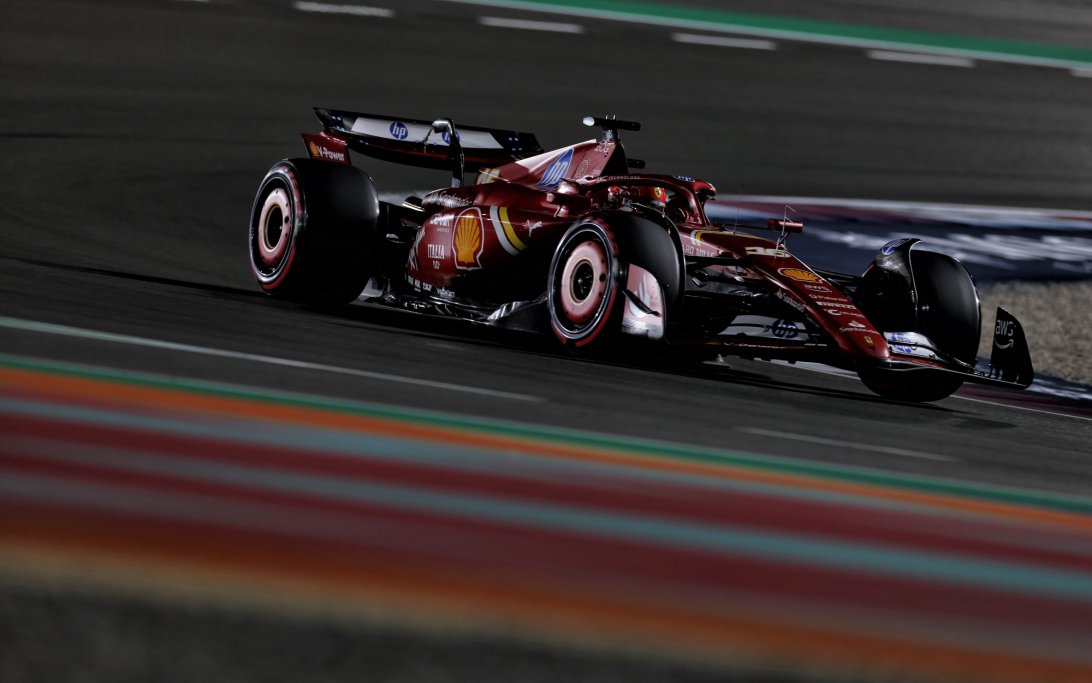
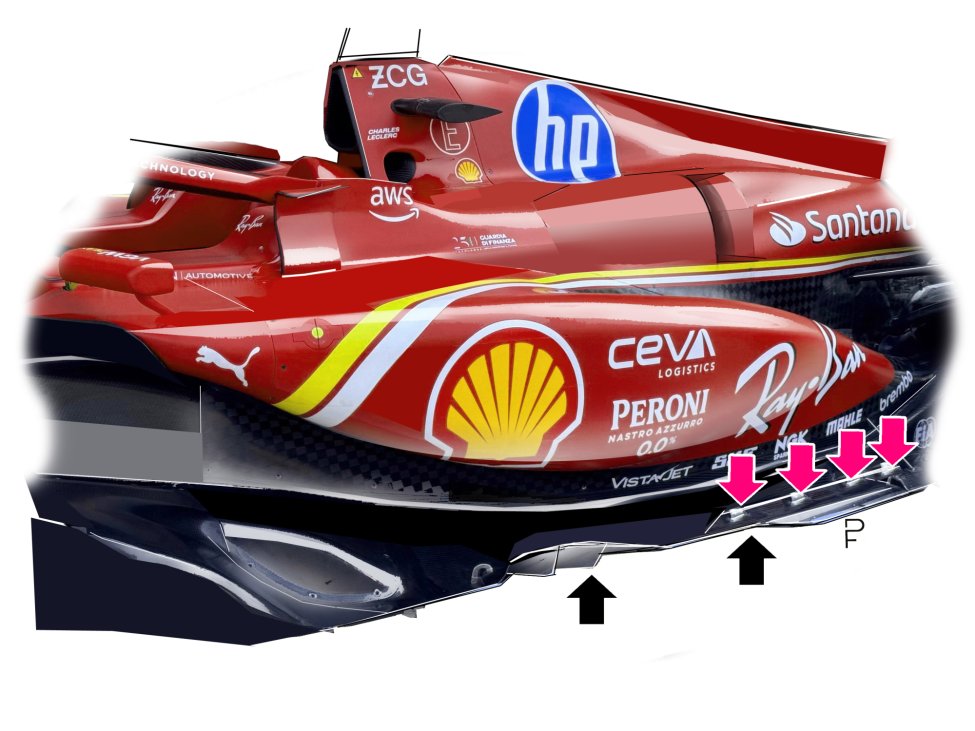
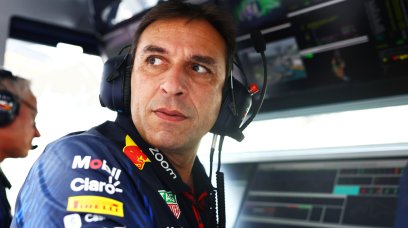
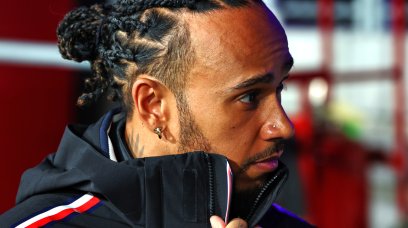


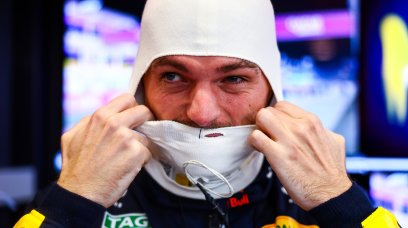
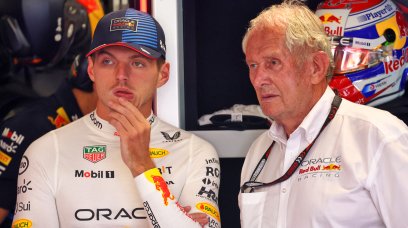

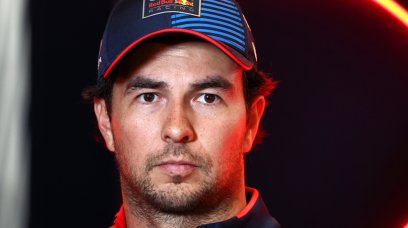













Join the conversation!